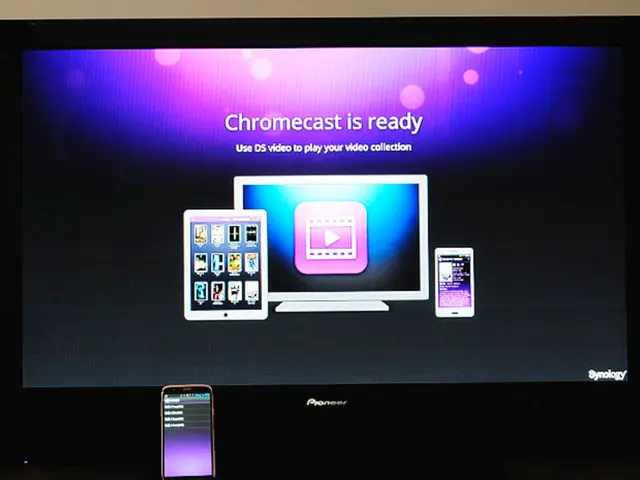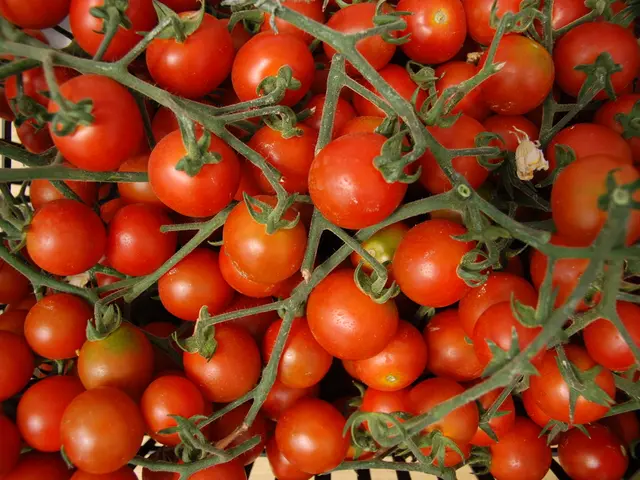Gardening for All: Practical Guidelines Tailored to various Abilities
Gardening: A Joy for All Abilities
Embrace the healing power of gardening! Despite mobility challenges due to age, injury, or disability, you can still cultivate your green thumb. According to a 2018 CDC report, over 13.7% of U.S. adults have a mobility disability, which calls for accessibility in all hobbies, including gardening. So, fear not! With the right mindset, resources, and tools, let's transform that challenge into an opportunity.
Meet Neil McKenzie, a home expert at Halton Stairlifts, whoshared his top tips to make gardening accessible and enjoyable for people with mobility issues.
Start with Easy-to-Tend Plants
McKenzie recommends low-maintenance, easy-to-care-for plants for a stress-free gardening experience, especially if you're a beginner. "Cool-weather vegetables like lettuce, radishes, and spring onions are excellent choices," he suggests. "They're forgiving and require minimal attention—all they need is regular watering and sunlight, and they'll thrive."
If you're looking for a pop of color, marigolds and violas are your best bet. Marigolds are hardy flowers that thrive in the sun, and violas flourish in containers and partial shade. Plus, marigold petals can lend a unique touch to salads or desserts!
Opt for Raised Garden Beds
Traditional in-ground beds can be a hassle for those with mobility issues. Enter raised garden beds! These beds bring the soil up to a more comfortable height, making gardening less strenuous and reducing strain. You can build them at various lengths and heights to suit your needs. Plus, seating ledges can provide a comfy place to rest while working.
Choose Adaptive Tools
Say goodbye to cumbersome, heavy tools! Look for lightweight, ergonomic versions made from materials like aluminum or plastic. Long-handled tools are perfect for working from a seated position, while tools with padded grips, wrist supports, and spring-assisted mechanisms can reduce fatigue, especially for those with arthritis or weak hands.
The American Horticultural Therapy Association also emphasizes the importance of adaptive tools. They support features like padded grips, wrist supports, and spring-assisted mechanisms to reduce hand fatigue.
Think Vertically and Portably
If managing raised beds is too much, container gardening is a great alternative. You can use containers to grow a wide range of plants, from ornamental flowers to edible crops like tomatoes and herbs. Place containers on tables, benches, or wheeled carts for even greater accessibility.
Lastly, vertical gardens—such as wall planters, trellises, and hanging baskets—can help maximize limited space while keeping plants within easy reach. According to a study published in the Journal of Therapeutic Horticulture, vertical gardening can improve access and reduce the risk of falls for older adults.
Garden with Confidence, Not Compromise
With thoughtful design, adaptive strategies, and a dash of creativity, gardening can be accessible and empowering for people with limited mobility. Neil McKenzie reminds us, "Gardening should be enjoyable, not exhausting." So, let's get our hands dirty and create an accessible garden space that brings us joy!
About the Author
- Adriana Copaceanu View all posts
- In gardening, opt for easy-to-tend plants like lettuce, radishes, and spring onions, which are low-maintenance and recommendable for beginners.
- Raised garden beds are beneficial for those with mobility issues, as they bring the soil to a comfortable height and reduce gardening strain.
- Choose adaptive gardening tools made from materials like aluminum or plastic for reduced weight, and look for options with padded grips, wrist supports, and spring-assisted mechanisms for reduced hand fatigue.
- If managing raised beds proves too challenging, container gardening offers an alternative for growing a variety of plants, from flowers to vegetables like tomatoes and herbs.
- Vertical gardening, such as wall planters, trellises, and hanging baskets, helps maximize limited space while keeping plants within easy reach, reducing the risk of falls for older adults.
- Gardening can be an empowering and enjoyable experience for people with limited mobility, with thoughtful design, adaptive strategies, and a touch of creativity employed.
- Home-and-garden expert Neil McKenzie, from Halton Stairlifts, recommends embracing a garden lifestyle, focusing on ease, accessibility, and joy rather than compromise.







